Benefits of mCommerce in retail businesses
Mobile Commerce involves business via mobile devices and has come as a revolution in the last decade. Now, how does m-commerce benefit businesses?
3 min read
Anurag : Mar 23, 2017 12:00:00 AM
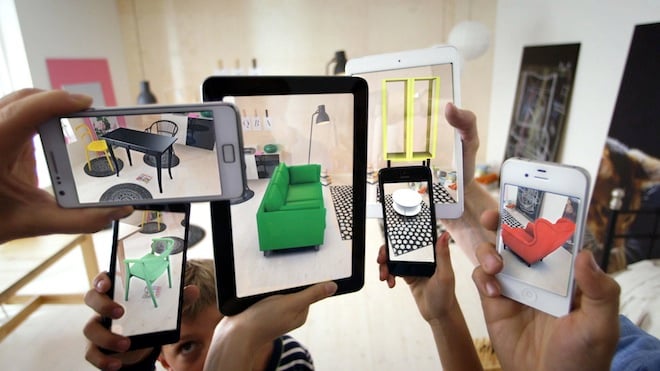
Superimposing information on the world we see using technology, digitally rendering images onto our real-world surroundings, giving a sense of an illusion or virtual reality is what Augmented Reality is. Picture the "Minority Report" or "Iron Man" style of interactivity where the sounds and images are superimposed over what the user hears and sees. AR adds to the reality rather than replacing it, that you would ordinarily see. AR has made a remarkable spot with games like Zombies run and Pokemon Go that has engrossed their audience to an extent that it has surpassed all its competitors and it is changing the retail sector too.
Talking about the retail sector, from window shopping to products that come alive in your hand; the worlds of retail and augmented reality have clashed dazzlingly in recent years.
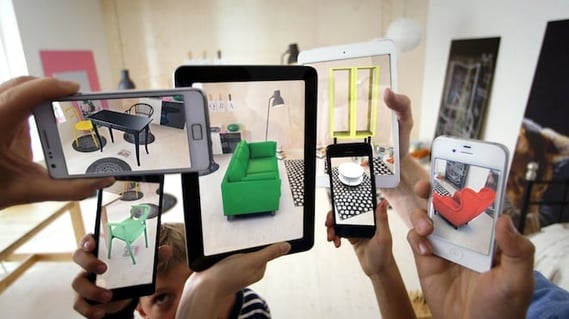
The retail landscape is overflowing with the buyers and customers are relying on traditional marketing methods. The rise in online shopping and more use of the retail apps shows how our purchases are evolving. As the buyers are turning towards a mix of mobile, online and bricks-and-mortar shopping, the retailers and brands need to find out more innovative and newer ways to capture their buyers’ attention. This demands a technology that is innovative, creative and works. Augmented reality comes in here. Augmented reality allows its users to have an immersive and a more personalized shopping experience and see the internet outside the confines of a computer monitor. We often designate AR as a kind of futuristic technology, but it's been there since 90’s in some way or the other. The recent advancements have made this technology accessible using a smartphone. Having being implemented in a range of phone applications and other products in the market(Google Glass being the main player), AR would definitely see more options and variety in the coming time. A report published by Apadmi, Future of Retail, showed that almost 29% of consumers believed that the brands should invest more in AR and another 26% would love to see AR being implemented in the apps.
Here are the 5 ways in which Augmented Reality is changing the retail sector.
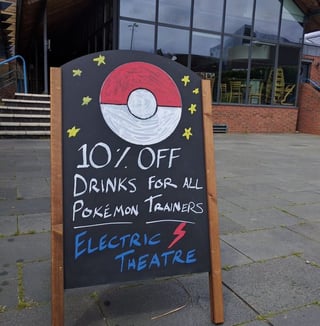
Gamification is one way in which augmented reality has affected the retail industry. It went from building incentives to buy through game-like, competitive strategies using branded apps or existing trends. AdWeek’s report on Pokemon Go used by small businesses showed how these ventures lured the customers through discounts if they played the game near their stores. For instance, some food store would offer 20% discount if the players catch the given number of imaginary creatures that appear outside the place. A very cool, smart and a low-cost marketing strategy that intelligently takes advantage of augmented reality in retail.
AR in marketing sums up with two points, first to increase brand engagement by making it easier to interact with products and second to make the shopping experience more fun for the buyers. Smartphone apps are an example for this which allows the customer to scan any product and get instant details about it including the videos.
Must Read: Mixed Reality Vs Augmented Reality : What's the difference?
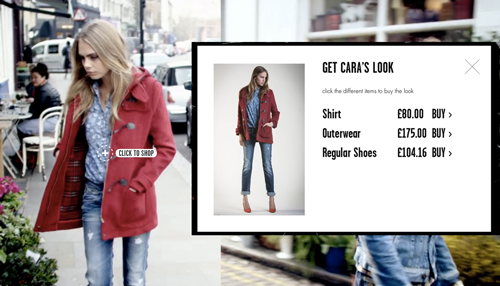
AR and VR are not as popular for now but the retailers and brands still can’t afford to ignore this potential shift in consumer demand and technology. Buyers are facing a hurdle while shopping and that is determining whether or not a product is right for them. Augmented reality would allow them to properly examine the product before purchasing. AR should be integrated into the stores to let customers have in-depth information about the product like reviews, price and related products while they look at the actual physical product via a smartphone simultaneously.
AR technology hardware can be treated as toys or novelties but it delivers incredible value to undecided shoppers. Augmented Reality also allows users to customize their products. Nordstrom, a distinguished retailer, offers a fully personalized shopping experience to the buyers, guided by an intelligent system that exactly knows the shopper’s sizes, style and preferences.
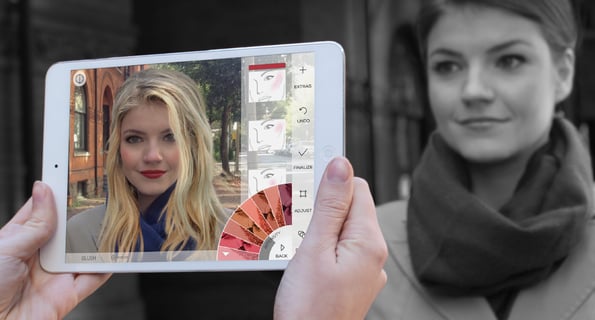
Also an app in this regard, a Sephora app uses ModiFace technology to allow users try all the cosmetic products on their faces just by clicking a selfie. This saves time and gives customers the satisfaction they look for.
Within most verticals intense competition is springing up between online and physical marketplaces and implementing AR would be the best way for retailers to stand out of the crowd. For instance, Warby Parker, an eyewear retailer, allows its buyers to virtually try items before the purchase without adding any extra costs to the shipping. This technology has been appreciated by the customers in a study by Walker Sands, which said 35%of the consumers would shop more online if the virtual interaction with the product is made.
With this, we can conclude that Augmented Reality will play a significant role in technology development over the coming years and especially for the retail sector, AR combined with VR seem to have strong advantages in transforming the way buyers conduct their shopping.
Must Read: 8 Examples of Augmented Reality Apps and their Successful Uses
At NewGenApps, we have been playing with Augmented Reality for more than 5 years now, way before AR in mobile apps became a novely. This includes developing games using AR, retail apps letting users view pieces of furniture and how they'd look before purchasing them and even educational apps. If you'd like to see how AR can be used for furthering your retail business, do get in touch and lets get talking.

Mobile Commerce involves business via mobile devices and has come as a revolution in the last decade. Now, how does m-commerce benefit businesses?
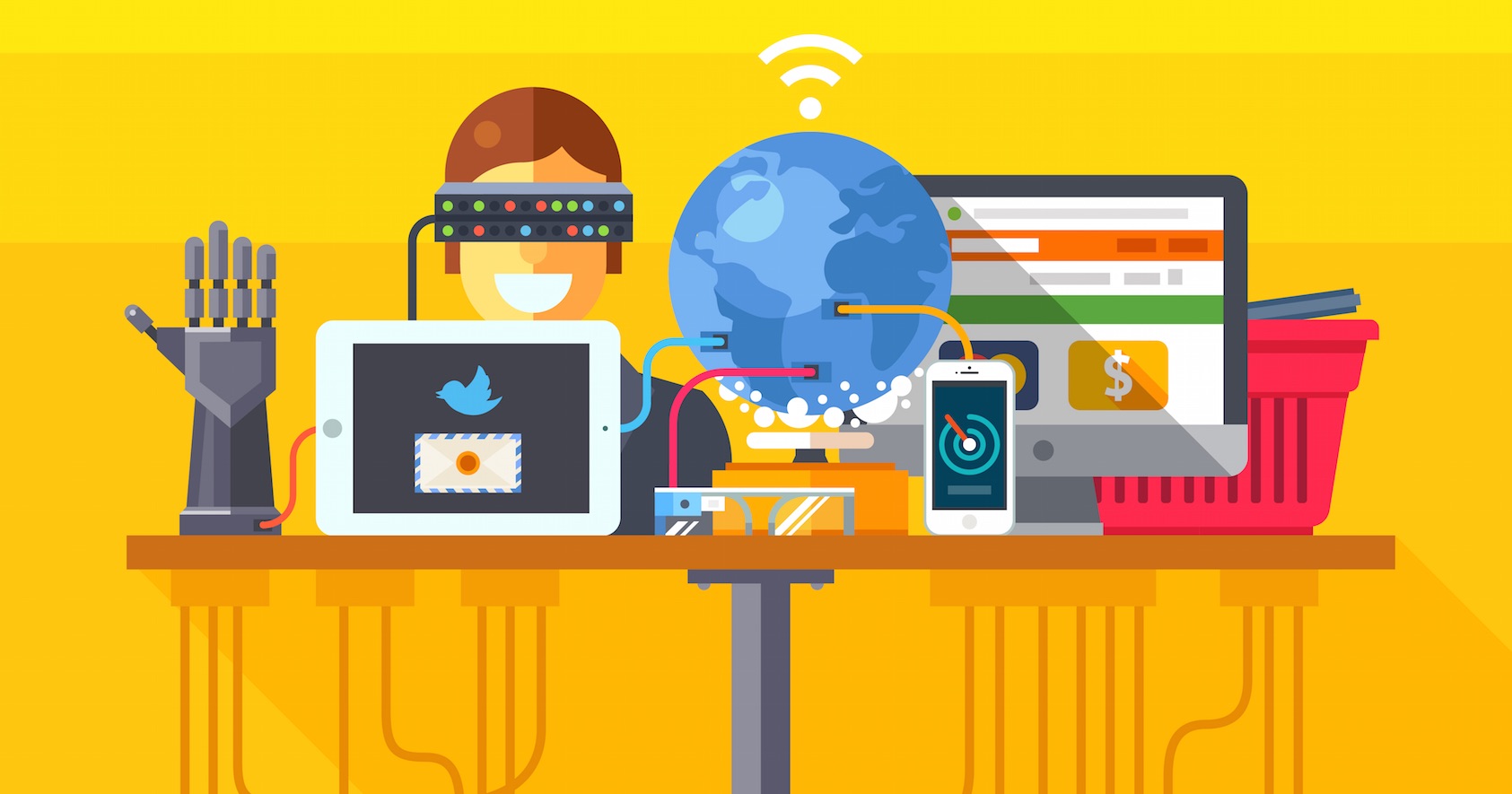
Augmented reality is a new trend in the digital marketing space. More companies are shifting towards adopting AR as their basic marketing and...

There can be no denying that new technology in mobile application development is affecting for all intents and purposes for each specialty and...